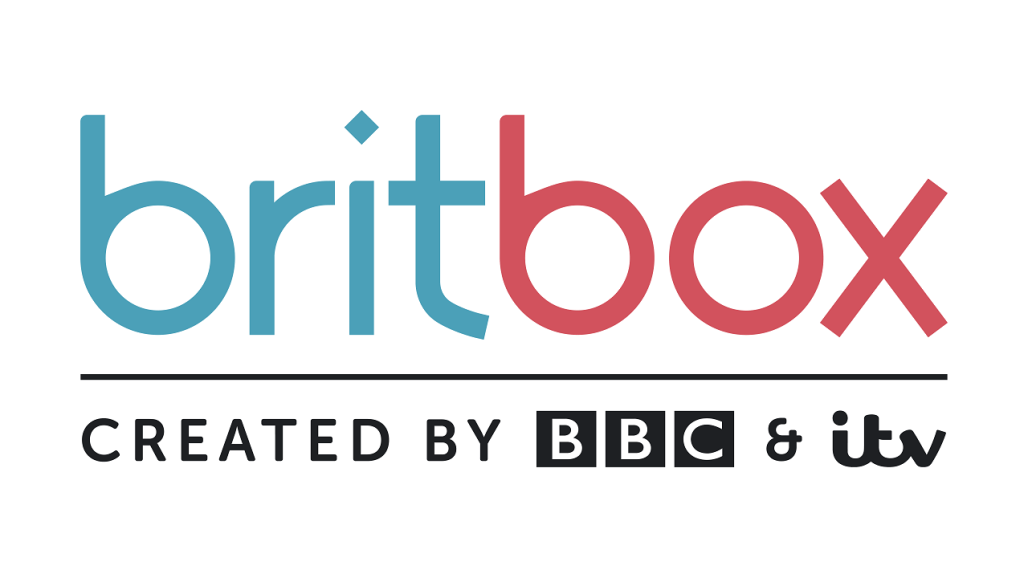Britbox, as it stands, is a subpar service that has more duds from over the years than gems. However, they remain hidden in this hard-to-navigate streaming platform. A lot of content is taken from largely unsuccessful programmes fresh off the television. Many titles are recognisable from alternative streaming services and there are countless titles that – for whatever reason – are absent.
Yet, old shows that you would expect to wind up on Britbox, years after release and after faded popularity, are not there. One of the most annoying examples I found is how Boys from the Blackstuff is available, but its predecessor television show The Black Stuff (contextually very important) is unavailable. At the minimum, Britbox should signpost users where else to watch sequels or related titles.
Really, it is false advertising to say ‘TV you can’t get anywhere else’ when to watch a show in its entirety you need to stream some of it on Amazon. This requires an account, meaning further spending, and even then you would struggle to find a standalone counterpart anywhere on the internet.
What is the point of a paid, additional service, which is primarily an archive, when it doesn’t have all the instalments in an artist’s visual story? Accessing any old British content, from the BBC and from older people’s childhoods, should be easy and in place already. Taxpayers and the wider public are able to access the BBC, and this visual history should be readily available for my generation to access too. It is a privilege to be a student, with normally culture abounding across universities, perhaps the majority of us don’t need the BBC, but we have benefited from it.
Britbox may seem decent for £5.99 a month, but there isn’t the content to justify even a small expenditure for more than a few months. Surely, consumers paying for a year or longer is the only way to make it profitable? Whilst UK subscription numbers for Britbox have not yet been released, it wouldn’t be surprising that lockdown has caused an increase in users.
However, that isn’t exactly a sustainable strategy for the BBC. The user demographics would likely reveal a much older viewership audience, which would reflect the nature of the content which is mostly ‘classics’, anything is iconic these days… What’s worse about Britbox, is that it was a costly project, delayed in the UK by more than two years. Even now, the released product is unintuitive, difficult-to-use and therefore embarrassing in comparison to the bigger, better, more responsive streaming giants. What is even worse, is the shameful standard of subtitling in old titles, quick-fire dialogue in affected accents, that even my tender ears can’t decipher.
Both Britbox and the BBC need to refocus their attention on younger programming to avoid the risk of new adults feeling ignored, ultimately causing the BBC to collapse. Taking an example that reveals my taste in trashy TV: the coronavirus delayed ‘You Are What You Wear’, and I was shocked to see this was on BBC One, as well as Netflix’s ‘Say I Do’. Both are ropey, with episodes varying in consistency, but Netflix’s new addition has a clearer and more confident purpose. I guess the point is you watch people who need public help, but both fit the genre of softer reality television that proves quite successful with viewers.
Apart from budget, YAWYW, suffers from a rigid fixed structure of an hour. This is baffling as the show’s greatest weakness is its weird, constant segments featuring Ryan Clark-Neal and others to fill airtime. The old-fashioned TV scheduling of exact stately half-hours will be the death of fresh, popular shows being found on terrestrial.
Guidelines are useful, short comedy long drama, but watching the makeovers made it clear that a much stronger 41/42/47-minute show was in there. Say I Do, wasn’t great, however, it is just one new release of thousands for Netflix so doesn’t matter. A BBC One show has to be mainstream, watchable, award-winning even, and to compete it must not be restrained by the old, arbitrary rules of broadcasting.
Britbox is a modernising step, it is the taken for granted broadcasting industry that is dragging it behind. A single monthly payment, done online without further commitment, is a vast improvement compared to the rigmarole of the British TV Licence fee. No more legal knowhow about plugging devices into the mains and no more students not being able to use iPlayer due to their budget, or yes, planning to get a licence. Removing barriers of accessibility to increase overall revenue.
If there are to be two different tiers, a licence and a subscription that covers also ITV and C4, then as much effort as possible should be made into transforming Britbox as also informative for young minds. Andrew Marr, Lucy Worsley, Bettany Hughes; they all shaped my attitude and approach to world events.
The best drama, documentary, sport and culture should be the forefront of Britbox. Have room for the past hits, make room for the best knowledge and target the marketing at students, who could do with a boxset and an easy to obtain one. Improve the dire representation of the youth and students will pay ‘in their droves’, securing the future of the BBC.
Séamus O’Hanlon
Image: PCMag.

